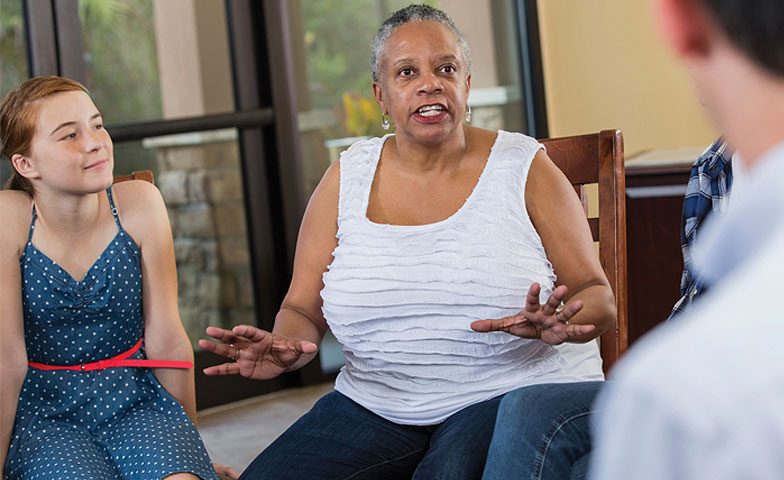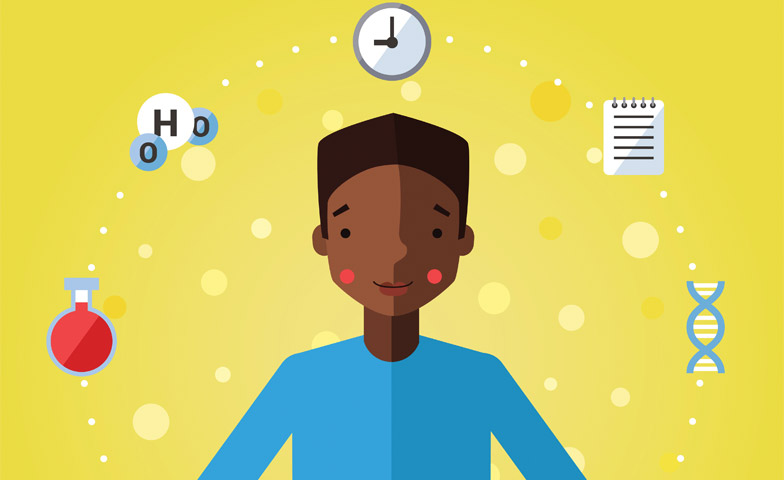Project Based Learning (PBL) is an instructional model that encourages active participation of students throughout the learning process. The Buck Institute describes PBL as, “a teaching method in which students gain knowledge and skills by working for an extended period of time to investigate and respond to an authentic, engaging, and complex question, problem, or challenge” (http://www.bie.org/about/what_pbl).
Tag: Project Based Learning

Using project-based learning to develop relationships and establish relevance. Project-Based Learning (PBL) has changed my life, but the changes I have seen in young people is the reason I am spreading the love. Skyler was the student that you knew was able to succeed academically and pass tests, but chose not to. We would get
0

A framework for co-developing projects with teachers and students. Ask a middle school teacher to explain why student-centered projects are a logical choice for young adolescents and you are bound to hear about the numerous ways in which these projects provide students with opportunities to actively participate and voice ideas and in so doing, increase
0

One student’s enthusiasm can open new doors to teaching and learning. My son’s birthday party this year was at one of those bounce house places with children hopped up on orange soda and birthday cake. In the midst of the chaos, one of the workers approached me—not with the news of some disaster, as I
Read More… from Show What You Know: From PBL to Digital Portfolios
0

PBL helps students see how knowledge is acquired and built upon. As we prepare our students for success now and in the future, we can begin by teaching them to explore and acquire knowledge, evaluate it to ensure it is sound, and share it. In his TED Talk titled A Visual History of Knowledge, Manuel Lima
0

Students need strong speaking and listening skills to succeed in school and beyond. There is truth to the old adage “what is tested, is taught,” particularly in the past several years of assessment mania. The question we need to be asking ourselves, though, is what “test” are we preparing our students for? Clearly, standardized assessments
Read More… from 3 Tips for Teaching Speaking and Listening Skills
0
0